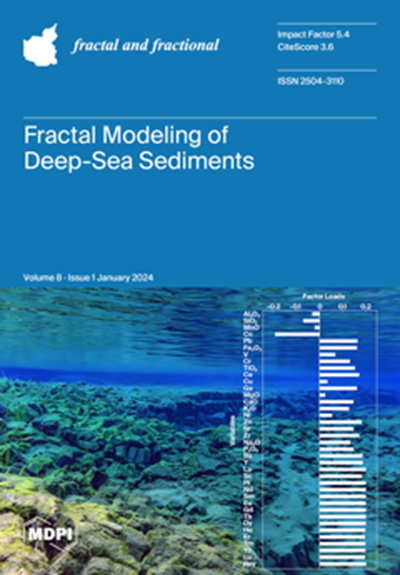用分数微积分分析系统动力学环境中平衡环路的效率行为
IF 3.6
2区 数学
Q1 MATHEMATICS, INTERDISCIPLINARY APPLICATIONS
引用次数: 0
摘要
本研究项目的重点是建立一个数学模型,使我们能够更详细、更精确地了解系统动力学中平衡环路的行为。目前,我们可以通过模拟来了解这些环路的行为,但前提是在理想情况下。但实际上,由于各种不规则性和特殊性,精确模型的运行效率往往各不相同。这种差异正是我们提出研究建议的主要动机,我们希望能更真实地了解环路的行为,包括其不同的效率水平。为实现这一目标,我们建议在系统动力学模型中引入分数微积分,并特别关注平衡环路。这种创新方法为研究现状提供了新的视角,为理解和优化复杂系统提供了新的可能性。本文章由计算机程序翻译,如有差异,请以英文原文为准。
Fractional Calculus to Analyze Efficiency Behavior in a Balancing Loop in a System Dynamics Environment
This research project focuses on developing a mathematical model that allows us to understand the behavior of the balancing loops in system dynamics in greater detail and precision. Currently, simulations give us an understanding of the behavior of these loops, but under the premise of an ideal scenario. In practice, however, accurate models often operate with varying efficiencies due to various irregularities and particularities. This discrepancy is the primary motivation behind our research proposal, which seeks to provide a more realistic understanding of the behavior of the loops, including their different levels of efficiency. To achieve this goal, we propose the introduction of fractional calculus in system dynamics models, focusing specifically on the balancing loops. This innovative approach offers a new perspective on the state of the art, offering new possibilities for understanding and optimizing complex systems.
求助全文
通过发布文献求助,成功后即可免费获取论文全文。
去求助
来源期刊

Fractal and Fractional
MATHEMATICS, INTERDISCIPLINARY APPLICATIONS-
CiteScore
4.60
自引率
18.50%
发文量
632
审稿时长
11 weeks
期刊介绍:
Fractal and Fractional is an international, scientific, peer-reviewed, open access journal that focuses on the study of fractals and fractional calculus, as well as their applications across various fields of science and engineering. It is published monthly online by MDPI and offers a cutting-edge platform for research papers, reviews, and short notes in this specialized area. The journal, identified by ISSN 2504-3110, encourages scientists to submit their experimental and theoretical findings in great detail, with no limits on the length of manuscripts to ensure reproducibility. A key objective is to facilitate the publication of detailed research, including experimental procedures and calculations. "Fractal and Fractional" also stands out for its unique offerings: it warmly welcomes manuscripts related to research proposals and innovative ideas, and allows for the deposition of electronic files containing detailed calculations and experimental protocols as supplementary material.
 求助内容:
求助内容: 应助结果提醒方式:
应助结果提醒方式:


